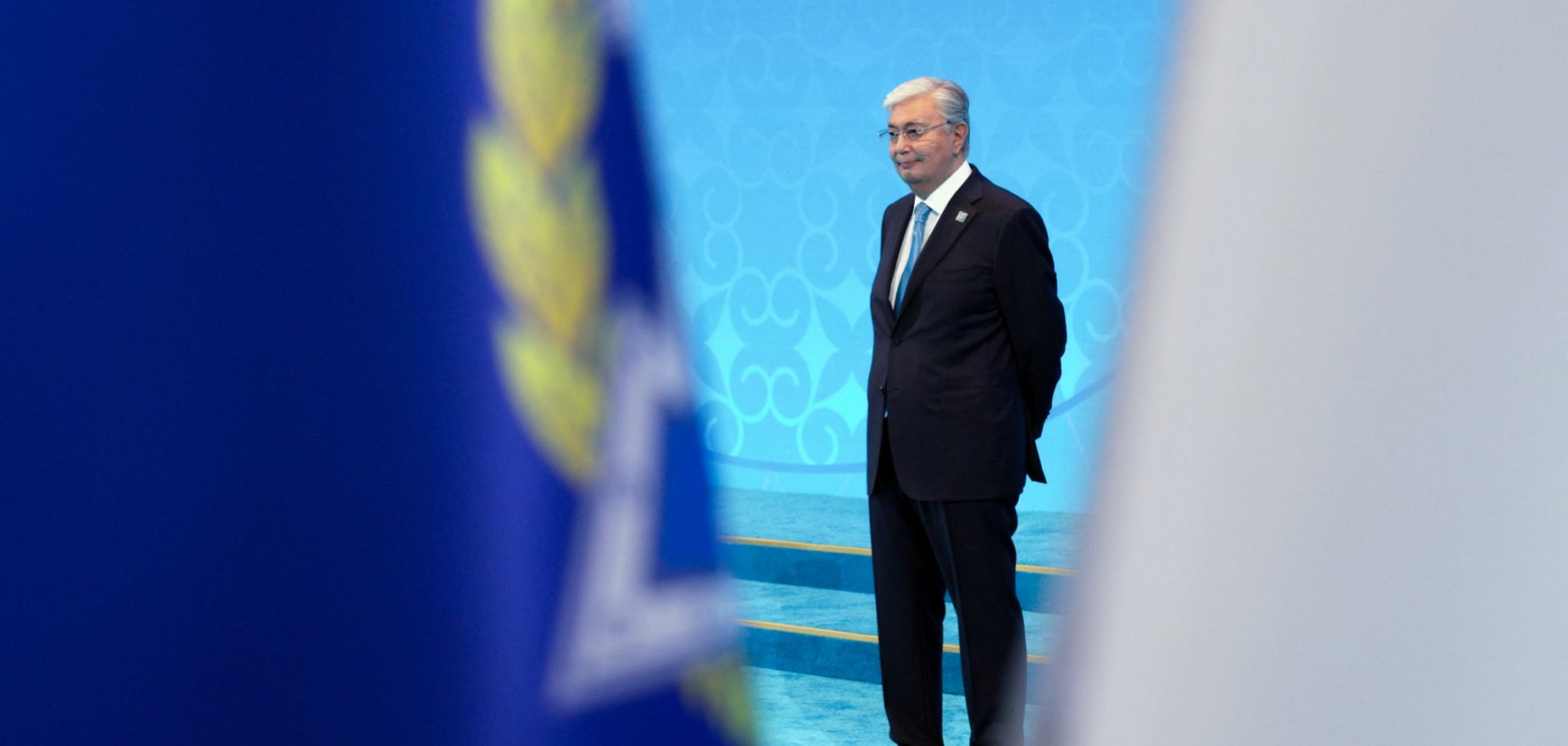Kazakhstan will likely take further steps toward economic liberalization in the years ahead to attract foreign investment, but the country's close economic and political ties with Russia and China (even while preserving its geopolitical balancing strategy) will likely limit foreign investment. On Aug. 7, Kazakh President Kassym-Jomart Tokayev signed a decree approving Kazakhstan's national economic development plan from 2024 to 2029. The plan's stated goal is to overcome the "middle-income trap" and form a solid institutional and socio-economic foundation to secure Kazakhstan in the cohort of high-income countries. The plan emphasizes increasing investments in fixed capital and boosting the production of high- and medium-value-added goods, thereby moving Kazakhstan away from reliance on raw material exports, which in 2023 constituted more than 15% of Kazakhstan's gross domestic product and around 70% of exports. The plan proposes reforming the economy in adherence to five broad pillars, namely economic liberalization to stimulate competition...

